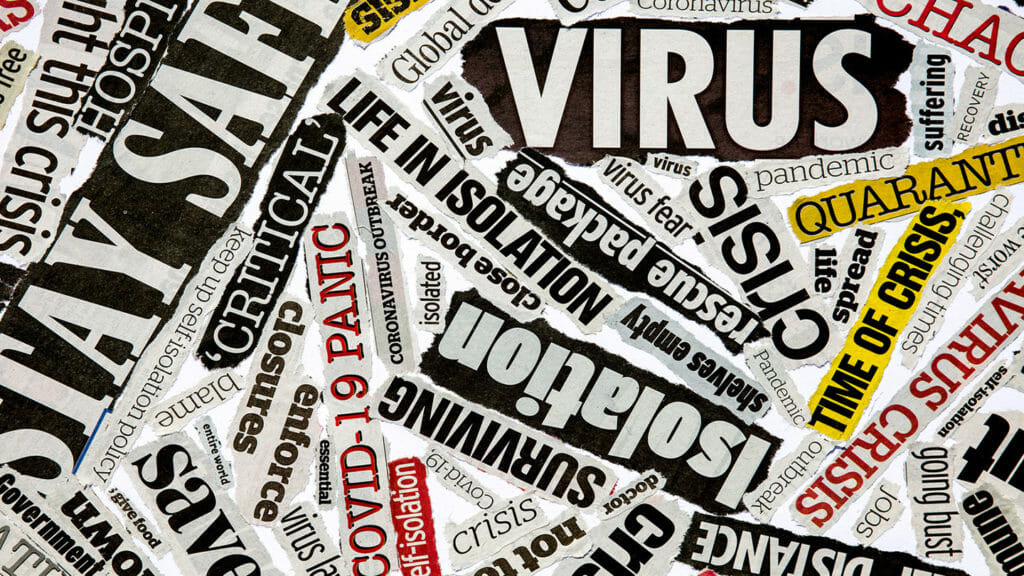

Artificial intelligence tools could provide a valuable way to audit online health coverage and keep vulnerable users away from misinformation, according to new research.
More than ever before, seniors are going online to search for health information, with a majority seeking out health news on social media, studies have shown.
While seniors are becoming more wary of potential accuracy issues on platforms like Facebook, the proliferation of “fake news,” or even partially incorrect information online, remains a serious problem.
To address that problem, a new AI model was found to do better than a layperson in making a nuanced evaluation of online health stories, researchers found.
The study, conducted by experts at the University of New Hampshire, showed that the AI was able to discern when, and where, portions of the news were correct or incorrect, rather than offering a binary true/false judgment.
Having a tool that can quickly vet information in this way could be valuable, as senior caregivers may not have the time or ability to assist with such a meta-task, the study authors noted.
“The way most people think about fake news is something that’s completely fabricated, but, especially in healthcare, it doesn’t need to be fake. It could be that maybe they’re not mentioning something,” study author Ermira Zifla, PhD, said in a statement. “In the study, we’re not making claims about the intent of the news organizations that put these out. But if things are left out, there should be a way to look at that.”
The study involved 10 independent criteria that were judged by both the AI model and human study participants who were not health experts.
While the AI appeared to outperform the humans in evaluating the news stories, future research could focus on whether humans trust AI recommendations, the researchers suggested.
While AI could help perform a meta-analysis on health accuracy, ironically, AI itself may be contributing to the creation of biased health reports or misinformation, experts have warned.


